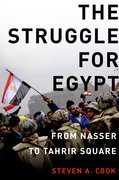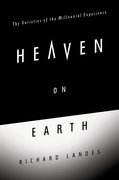Erdogan’s victory lap: Turkish domestic politics after the uprisings
By Steven A. Cook
As Cairo’s citizens drove along the Autostrad [last] week, they were greeted with four enormous billboards featuring pictures of Turkish Prime Minister Recep Tayyip Erdogan. With Turkish and Egyptian flags, the signs bore the message, “With United Hands for the Future.” Erdogan’s visit marks a bold development in Turkey’s leadership in the region. The hero’s welcome he received at the airport reinforced the popular perception: Turkey is a positive force, uniquely positioned to guide the Middle East’s ongoing transformation.














